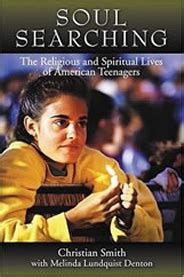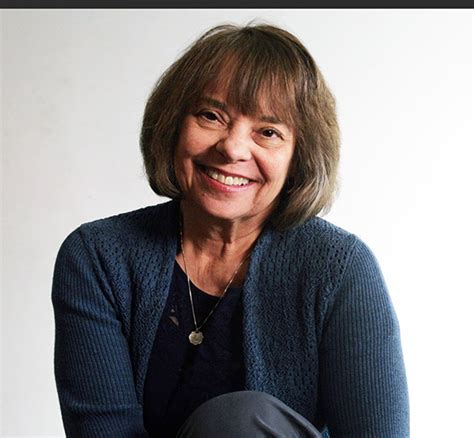A Quote by Katherine Dunn
My perception of the human animal is as an extremely dangerous predator. That's who I perceive us to be as a species. Maybe the most dangerous predator on the planet, with the exception of a few microbes. I'm really grateful for the degree of socialization that prevents us, most of the time, from killing and eating each other. And I admire all the social structures that have been designed and layered and niched in that encourage bonding toward a kind of social harmony that is meant to contain and counteract our natural inclinations toward predation, ferocity, and eating whatever moves.
Quote Topics
Admire
Animal
Been
Bonding
Contain
Dangerous
Degree
Designed
Each
Eating
Encourage
Exception
Extremely
Ferocity
Few
Grateful
Harmony
Human
Human Animal
Killing
Kind
Maybe
Meant
Microbes
Most
Moves
Natural
Other
Our
Perceive
Perception
Planet
Predator
Prevents
Really
Social
Social Harmony
Social Structure
Socialization
Species
Structures
Time
Toward
Us
Whatever
Related Quotes
Natural inclinations are present in things from God, who moves all things. So it is impossible for the natural inclinations of a species to be toward evil in itself. But there is in all perfect animals a natural inclination toward carnal union. Therefore it is impossible for carnal union to be evil in itself.
While there are relatively few extreme introverts or extroverts, most of us lean in one direction or the other. If we lean more toward introversion, we'll generally prefer less social activity than more extroverted people. One inclination is not 'better' than another, but our culture can make it seem as if extroverts have a social advantage.
Human social life, I suggest, is the magma that erupts and builds up, so to speak, at the fault lines where natural human capacities meet and grind against and over natural human limitations…. This meeting of powers and limitations produces a creative, dynamic tension and energy that generates and fuels the making of human social life and social structures…. It is real human persons living through the tensions of natural existential contradictions who construct patterned social meanings, interactions, institutions, and structures.
Eat by Choice, Not by Habit combines the author's humor, deep compassion for others and knowledge about food in a way that makes me eager to follow her lead toward healthy eating-and more importantly, toward a healthy attitude about eating. She aptly teaches us all to frame our food issues in a language that is both liberating and comforting.
I think that we live in a world - and this is something which living in Pakistan, perhaps, has taught me - and, you know, we live in a world where there is a constant feed from social media, the news, etc., of things that can scare us. And we become so anxious because human beings are meant - are designed to be sensitized to dangerous stuff.
The gift moves towards the empty place. As it turns in its circle it turns towards him who has been empty-handed the longest, and if someone appears elsewhere whose need is greater it leaves its old channel and moves toward him. Our generosity may leave us empty, but our emptiness then pulls gently at the whole until the thing in motion returns to replenish us. Social nature abhors a vacuum.
I think most character people that you talk to, it's like, whatever they offer us, we are thrilled to do. I won't do anything that's immoral or illicit. I did turn down eating a dead body once. I turned down a few really creepy horror movies. For the most part, I can usually find a way into whatever character.
This isn't animal experimentation, where you an imagine some proportionate good at the other end of the suffering. This is what we feel like eating. Tell me something: Why is taste, the crudest of our sense, exempted from the ethical rules that govern our other sense? If you stop and think about it, it's crazy. Why doesn't a horny person has as strong a claim to raping an animal as a hungry one does to killing and eating it?







































